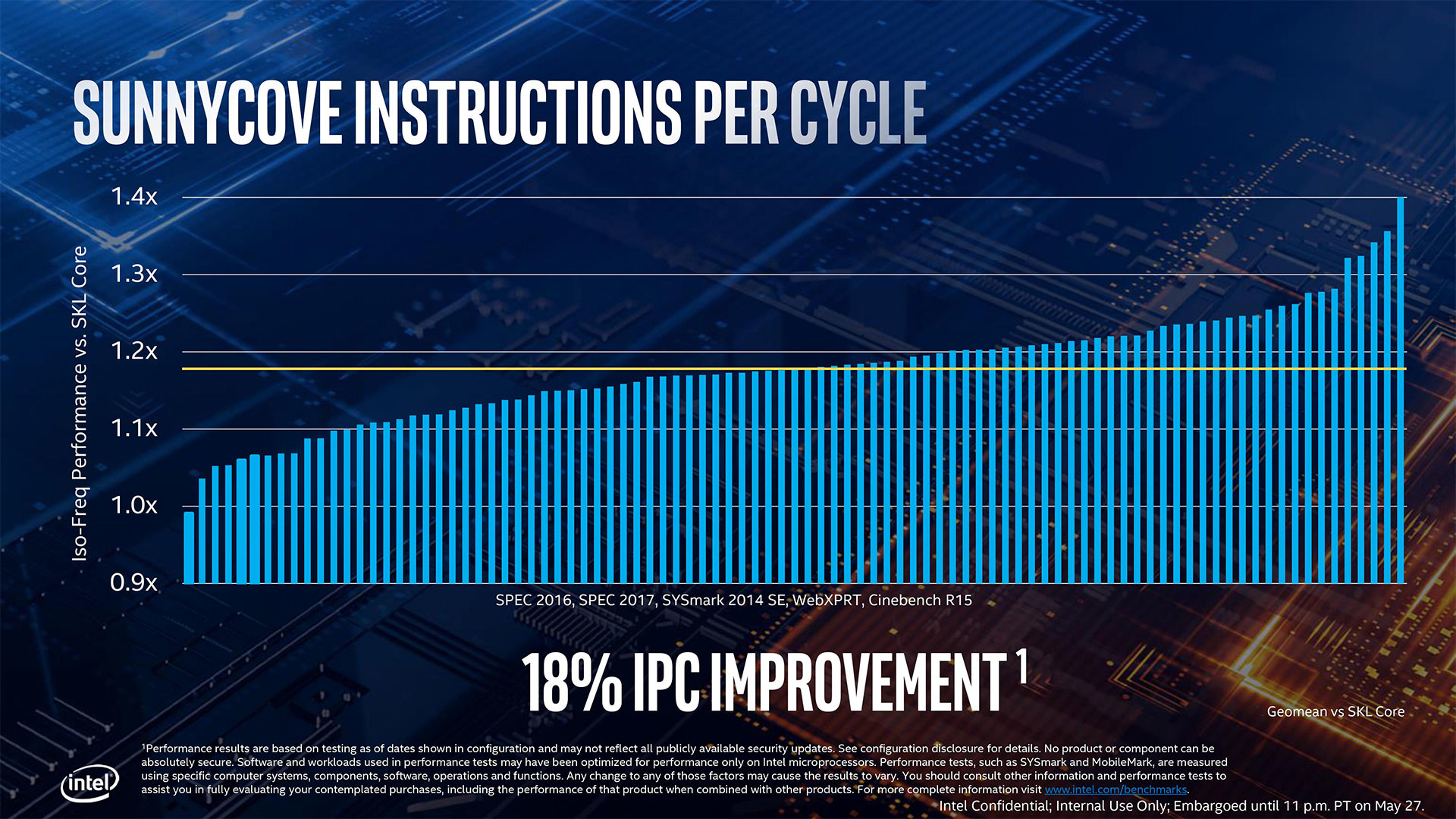- Joined
- Jun 10, 2014
- Messages
- 2,987 (0.78/day)
| Processor | AMD Ryzen 9 5900X ||| Intel Core i7-3930K |
|---|---|
| Motherboard | ASUS ProArt B550-CREATOR ||| Asus P9X79 WS |
| Cooling | Noctua NH-U14S ||| Be Quiet Pure Rock |
| Memory | Crucial 2 x 16 GB 3200 MHz ||| Corsair 8 x 8 GB 1333 MHz |
| Video Card(s) | MSI GTX 1060 3GB ||| MSI GTX 680 4GB |
| Storage | Samsung 970 PRO 512 GB + 1 TB ||| Intel 545s 512 GB + 256 GB |
| Display(s) | Asus ROG Swift PG278QR 27" ||| Eizo EV2416W 24" |
| Case | Fractal Design Define 7 XL x 2 |
| Audio Device(s) | Cambridge Audio DacMagic Plus |
| Power Supply | Seasonic Focus PX-850 x 2 |
| Mouse | Razer Abyssus |
| Keyboard | CM Storm QuickFire XT |
| Software | Ubuntu |
It's very common that clockspeeds for new and future products are inaccurate.Early hardware and incorrectly reported clock speeds? Intel implementing something new in terms of frequency boost that goes beyond specced boost clock?
That is a 35% difference, sounds very unrealistic.
While Intel have become more aggressive in boosting over the years, AMD took it to a new level with XFR's extra ~200 MHz for burst speed. This sort of stuff can't be accurately measured. This super aggressive boosting is more about manipulating benchmark scores than offering actual improvements, but (unfortunately) I expect Intel to push it further too.







 Improvement of the architecture yeah but there's still this damn node process they are working on now.
Improvement of the architecture yeah but there's still this damn node process they are working on now.